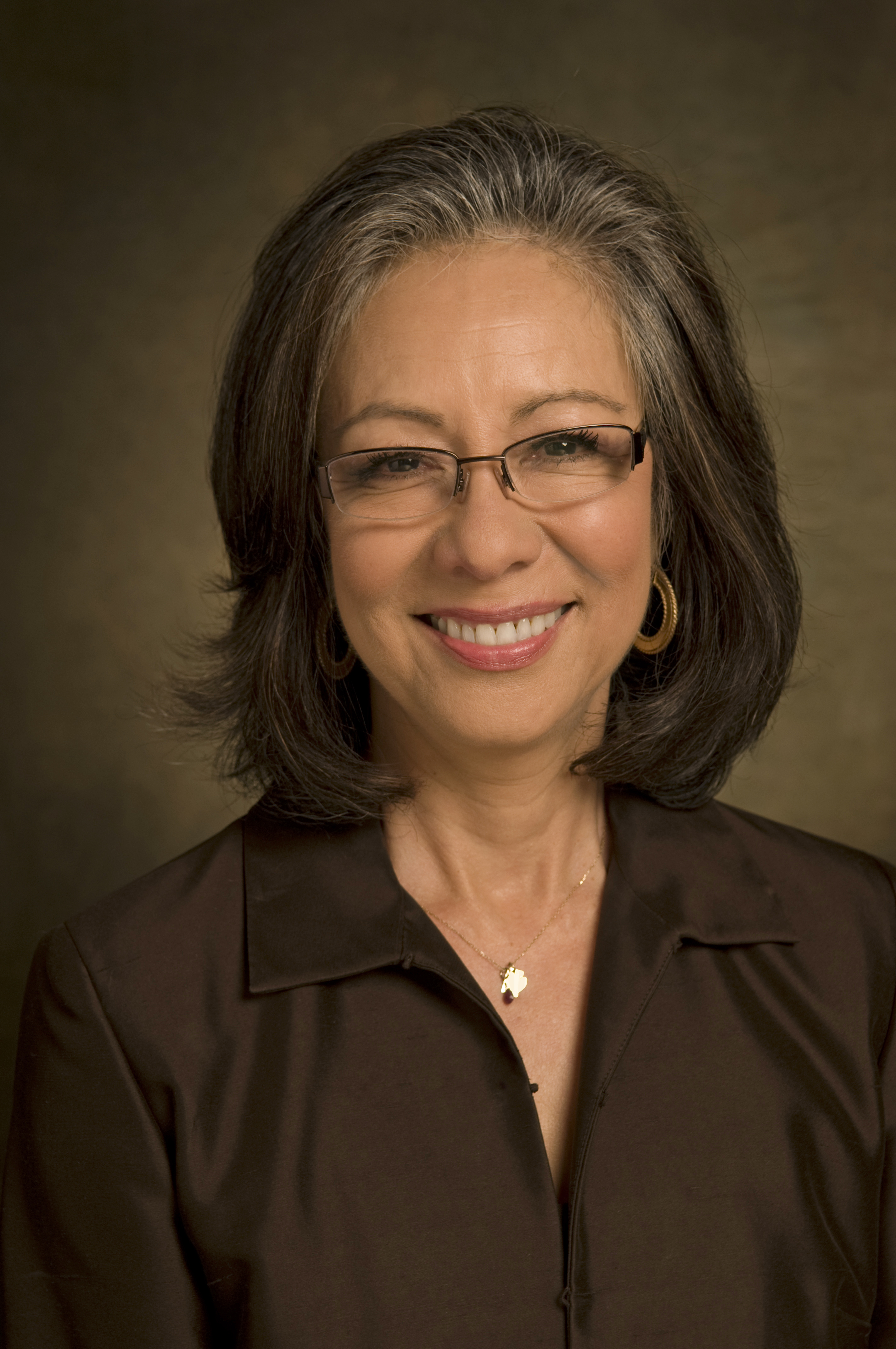
First Latina Leader: Dr. Melba Vasquez
During National Hispanic Heritage Month, September 15-October 15, 2022, we celebrate Latinx leaders who have had a lasting impact on the world of phycology.
Today, we are highlighting the first Latina president of the American Psychological Association (APA), Melba J. T. Vasquez, Ph.D., ABPP.
Dr. Vasquez has authored numerous psychological texts, received awards acknowledging her prowess in the field, co-founded a multi-cultural conference and led to the creation of a new division of the APA, the Society for the Psychological Study of Culture, Ethnicity and Race.
In 2011, Vasquez, prompted by her colleagues, ran for, and was elected the first Latina President of the APA. Previously serving in leadership positions in the Association, she moved into a role previously occupied by only 12 women in the 100-year history of the organization. Her tenure as president focused on educational disparities for poor or ethnic minority students, immigration, preventing discrimination, and social justice.
Her leadership lead to a more inclusive Association and more diverse attendance at their annual convention.
“As APA President, my theme for the 2011 APA convention was social justice, and several of my presidential initiatives were relevant to that theme, and I received feedback that many participants came because of that,” said Vasquez when discussing her time as President. “One mid-career African American psychologist told me that he had attended once before ten years previously and had not connected with the conference, but he was enjoying this conference very much. He said, “this is not my grandfather’s conference!”
In the past, Dr. Vasquez saw a lack of support and inclusion for minorities in the field. “Psychology in general, APA in particular, have a terrible history of racism and other forms of biases,” said Vasquez. “Many in the leadership of the past promoted eugenics and other forms of oppressive, faulty research that was harmful for racial and ethnic minorities in society and among its members.”
In October 2021, the American Psychological Association acknowledged its role in promoting and perpetuating racism in the United States. In issuing its apology, the APA confirmed its commitment to equity, diversity, and inclusion.
“The American Psychological Association failed in its role leading the discipline of psychology, was complicit in contributing to systemic inequities, and hurt many through racism, racial discrimination, and denigration of people of color, thereby falling short on its mission to benefit society and improve lives. APA is profoundly sorry, accepts responsibility for, and owns the actions and inactions of APA itself, the discipline of psychology, and individual psychologists who stood as leaders for the organization and field.” American Psychological Association Council Policy Manual
“The process of arriving at the apology involved reviewing some of the historic racist events and products.” said Dr. Vasquez when commenting on the apology, “Improvements are slowly made, but much work has yet to occur at individual, group and institutional and organizational levels of psychology.”
In 1999, Dr. Vasquez co-founded The National Multicultural Conference and Summit. The conference provided an opportunity for psychological professionals to gather to inform and inspire multicultural theory, research, practice and advocacy. The conference has been held every two years since its inception. In 2024, NMCS will be held in Santa Fe, NM.
With changes from the APA and a visible increase in the presence of Latinx psychologists in academia, conducting research, teaching, and training, and providing services in communities around the United States, Vasquez sees positive change in her field.
For the Spanish-speaking population, linguistically competent care from organizations like the Pennsylvania Psychiatric Institute (PPI) has become a vital part of care.
“The development of structures to provide ongoing services for the Latinx community is very important,” said Vasquez. “We are a varied group; some speak English very well, some are acculturated, but even those more often than not prefer cultural and linguistic compatibility.”
Dr. Vasquez continues to build on her work, spending time promoting leadership development for graduate students, early-career and mid-career psychologists. She does this through informal mentoring and through structured groups like the Leadership Institute for Women in Psychology.
For more information on PPI’s services for the Spanish-speaking population, visit the Hispanic Psychiatric Programs page, or call (717) 782-2120.
